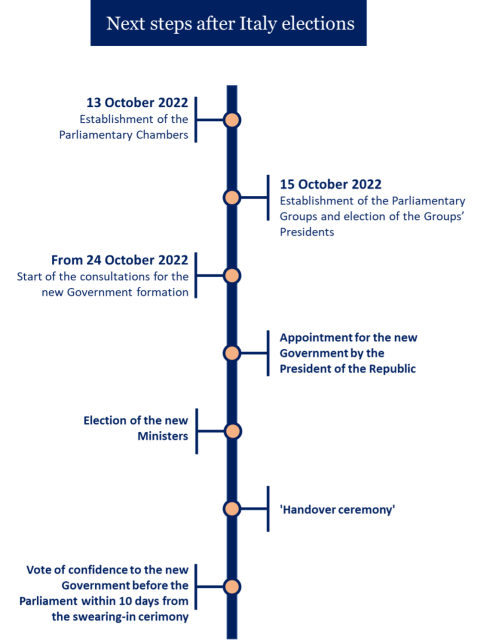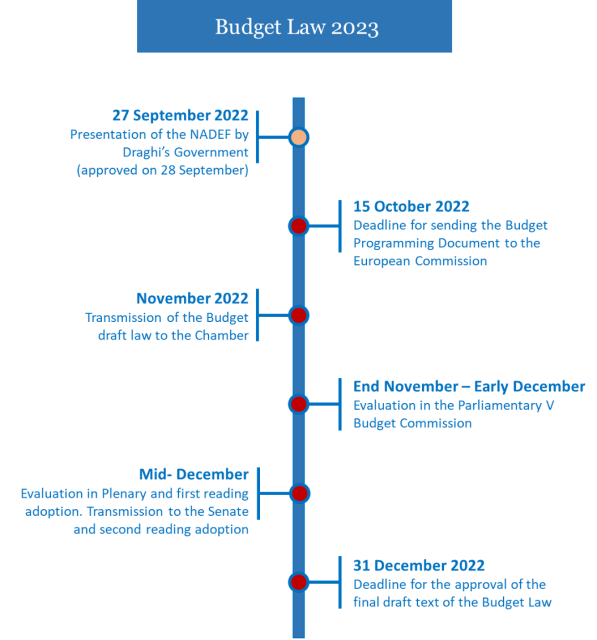Italy's National Recovery and Resilience Plan: next steps and challenges
By Mike Savarese, Country Lead - Italy
On September 27, the European Commission endorsed a positive assessment of Italy's second payment request for €21 billion under the Recovery and Resilience Facility, confirming that the milestones and targets for the Italian National Recovery and Resilience Plan (PNRR) remain unchanged for the time being, though the possible impact of the recent Italian elections remains to be seen.
The milestones achieved to-date cover reforms in the areas of public administration, public procurement, tax administration, the justice system and territorial healthcare and include investments in ultra-fast broadband and 5G, research and innovation, tourism and culture, hydrogen, urban regeneration and the digitalisation of schools and hospitals.
Following the elections, held on 25 September, the winning coalition is expected to form a government, in accordance with the Italian Constitution.
The next steps are important in terms of timing, due to a series of deadlines linked to EU and national funding.
The new government will be tasked with submitting the national budget plans and will have until the end of this year to achieve the remaining PNRR milestones in order to receive the third installment of RRF funds, worth €21,8 billion. In addition, the government will be involved in discussions on mitigating the energy crisis.
On 28 September, the outgoing government presented to the Chamber of Deputies and Senate the key document known as NADEF, which stands for Update of the Economic and Financial Document, outlining the main programming objectives for the country, taking stock of country-specific recommendations from the European Commission. It is the essential document containing reforms to be implemented in the coming year. Following the NADEF's approval, the Budget Programming Document (DPB) will need to be finalised and sent to Brussels by 15 October. The outgoing government is required to draft the document since the new newly elected government will not take office before the first week of November.
The outcome of the national budget law for 2023 is extremely important since Italy is the country receiving the largest share of EU funding under the RRF and EU Cohesion Policy, and is one of the main economies in the EU.
How can we help you?
We are experts on the opportunities stemming from the National Recovery Plans as well as from the new generation of EU Cohesion Funds. Our EU-level and in-country experts are in position to support you to benefit from these openings. Get in touch today to take your projects further, and reach out to our Country Lead for Italy, Mike Savarese.
By accepting you will be accessing a service provided by a third-party external to https://www.schumanassociates.com/



